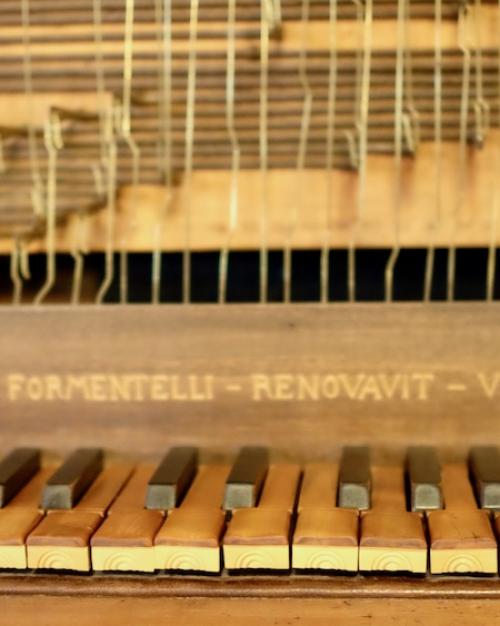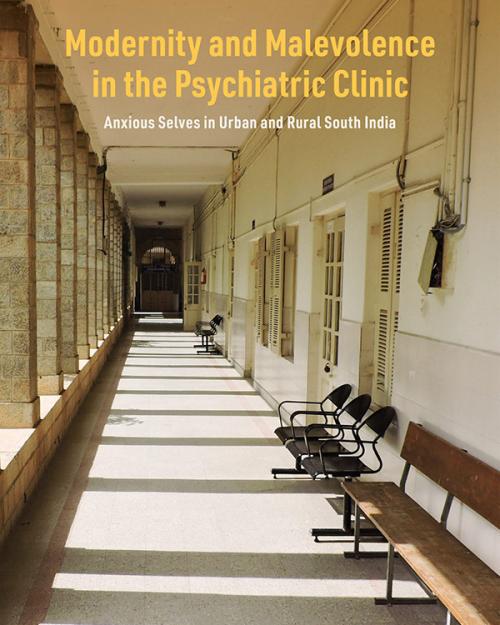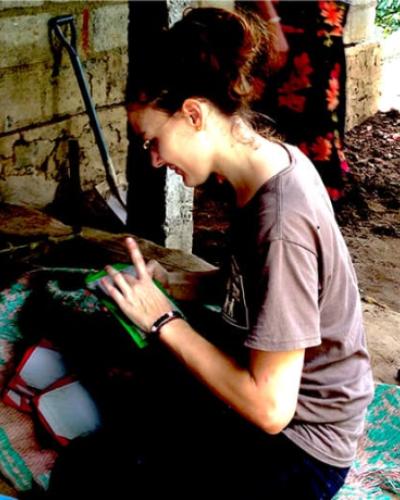In Sri Lanka, caste among the majority Sinhalese has long been popularly rejected as an anachronistic and lamentable artifact of pre-colonial society, its public discussion generally avoided to an extreme.
In a context of transforming expectations regarding the who, how, and what of heritage stewardship around the world, my doctoral research examines how caste as a category of identification is revitalized in tension with and in the service of neoliberal processes that have shaped Sri Lanka’s “traditional craft industries” since the 1977 implementation of an “open economy policy.”
Grounded in two years of ethnographic fieldwork in rural Sri Lanka, my dissertation offers anthropological insight into what happens at the level of everyday experience when the logics of neoliberal economics and democratic egalitarianism become entangled with nationalist investments in heritage on the one hand, and the apparent specters of pre-modern preoccupations with hierarchy and honor on the other.
Drawing on data gathered through in-depth interviews and participant-observation in two government-designated “traditional handicraft villages,” I examine the aspirations, challenges, and contradictions that characterize the lives of some of the country’s most historically marginalized peoples.
Aimée Douglas is a doctoral candidate in the Department of at Cornell University. She has been visiting and conducting anthropological research in Sri Lanka since 2005.
Originally from Maryland, Aimée completed her undergraduate degree in psychology at Bowdoin College before enrolling in The University of Chicago’s Master of Arts Program in the Social Sciences (MAPSS). In her MA Thesis, “Nation-Building in Web Presentation: The Online Movement for Tamil Eelam,” she examined the electronically-mediated strategies by which Sri Lanka’s separatist Liberation Tigers of Tamil Eelam (LTTE) sought to garner nationalist sentiment among Sri Lankans in diaspora.
At Cornell, she has received support from the U.S. Department of Education’s Foreign Language and Area Studies Fellowship Program, Fulbright, The Wenner-Gren Foundation, and the American Institute for Sri Lankan Studies.





